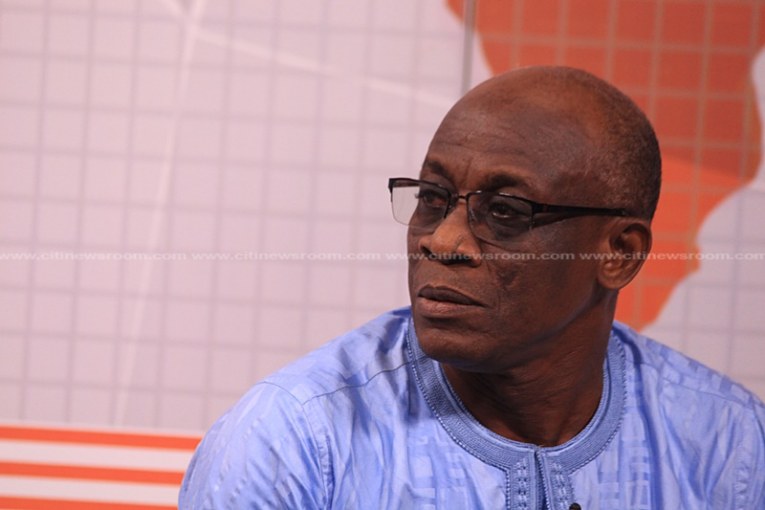Considering the ripple-effects of the COVID-19 pandemic, the ongoing Russia-Ukraine conflict as well as the ever-present possibility of other natural and man-made hiccups going forward, there is a need to formally institute a strategic economic pathway to minimize the impact of such a development on the local economy, former Minister of Finance Seth Terkper has said.
In an interaction on the state of the economy, on the subject ‘Inflation, exchange rate and budget challenges: which way out?’, the tax expert suggested that inasmuch as recent developments brought with them significant socioeconomic disruptions, it is the failure to learn from past crises – and prepare adequately – that has exposed the wobbly legs on which the economy is stumbling along.
“If you belittle past crises, you will not prepare for the next crisis. For instance, looking at the global financial crisis in particular, and the sharp fall in crude oil prices, we should have begun our preparations… you prepare for a crisis not during the crisis, but when the times are good,” he remarked.
Mr. Terkper further warned about playing fast and loose with buffer mechanisms, especially the petroleum funds – the Ghana Heritage Fund (GHF) and Ghana Stabilization Fund (GSF).
A 10-year assessment of the nation’s petroleum revenues use, published in first-quarter of the year by the Public Interest and Accountability Committee (PIAC), revealed that as much as 74 percent of withdrawals taken from the Ghana Stabilization Fund (GSF) were toward debt repayment.
“These are our buffers, they are our investment and savings funds; and like households, you have to have these mechanisms. We always talk beautifully about countries like Norway, but these are the hard decisions that they are taking – and we must do the same if we want to be a true middle-income economy,” he stated.
Opportunity costs
At its peak, the pandemic decimated the economy in more ways than one. The restriction of movement during the three-week lockdown, coupled with limited in-person gatherings and the closure of the land borders, ensured the Gross Domestic Product grew by only 0.41 percent in 2020… down from 6.5 percent the previous year.
A cocktail of factors, including but not limited to rising global risk concerns as well as the nation’s increasing debt stock, snowballed into a vote of no confidence by rating agencies, which downgraded the sovereign’s outstanding issuances; making access to international capital markets costly and leading to a further decline in key economic indicators.
Amid calls for full disclosure on COVID-19 expenditure, President Nana Akufo-Addo in his State of the Nation Address (SONA) at the end of March stated that a sum of GH¢17.7billion had so far been spent on containing the COVID-19 pandemic since it first broke out in 2020, citing data from the Ministry of Finance.
As part of its response, government in 2020 announced the three-and-half-year, two-phase GH¢100billion Ghana COVID-19 Alleviation and Revitalization Enterprises Support (Ghana CARES) programme dubbed ‘Obaatan Pa’. The programme aims at pooling private and public sector resources to boost economic recovery.
Under the programme and in partnership with the National Unemployment Insurance Scheme (NUIS), government recently announced the commencement of a nationwide programme aimed at preserving and upgrading the human capital and skills of persons whose employment was adversely affected by the pandemic.
A Business Tracker Survey undertaken by the Ghana Statistical Service and World Bank between May 26 and June 17, 2020, which interviewed 4,311 firms, indicated that 35.7 percent of business establishments had to close during the partial lockdown; with 16.1 percent continuing to be closed after easing of the lockdown. Of these, firms in the accommodation and food sector were the most affected as 24.0 percent had to close.
Similarly, 46.1 percent of business establishments reported that they reduced wages for 25.7 percent of the workforce – an estimated 770,124 workers – with 4 percent of firms saying they had laid-off workers.







